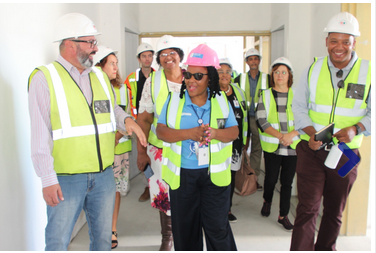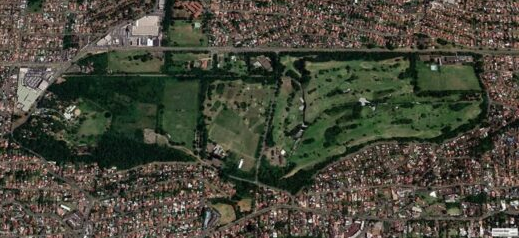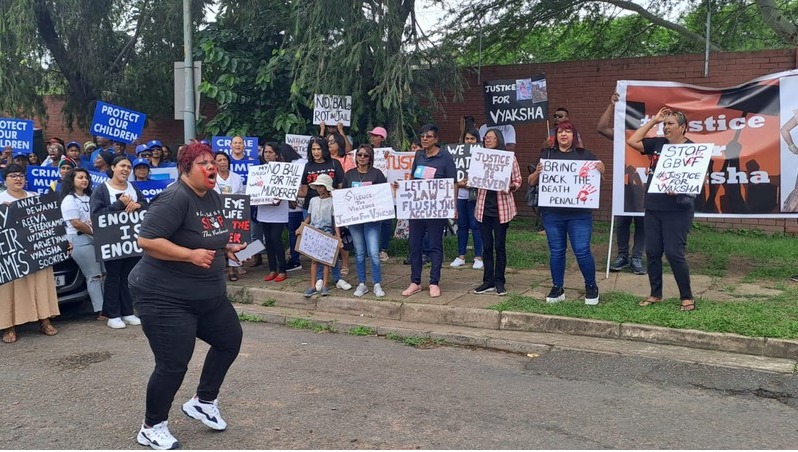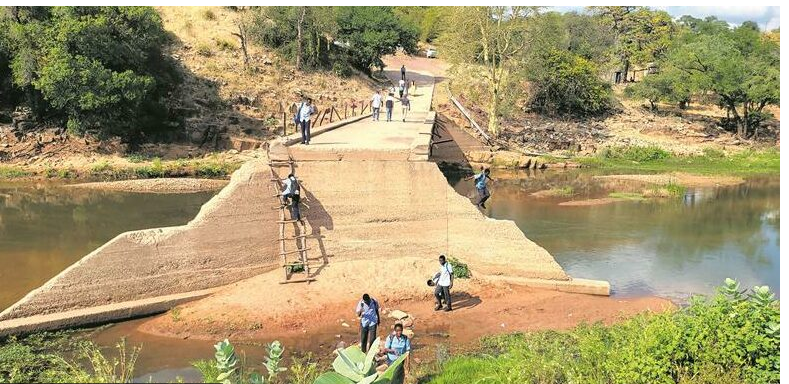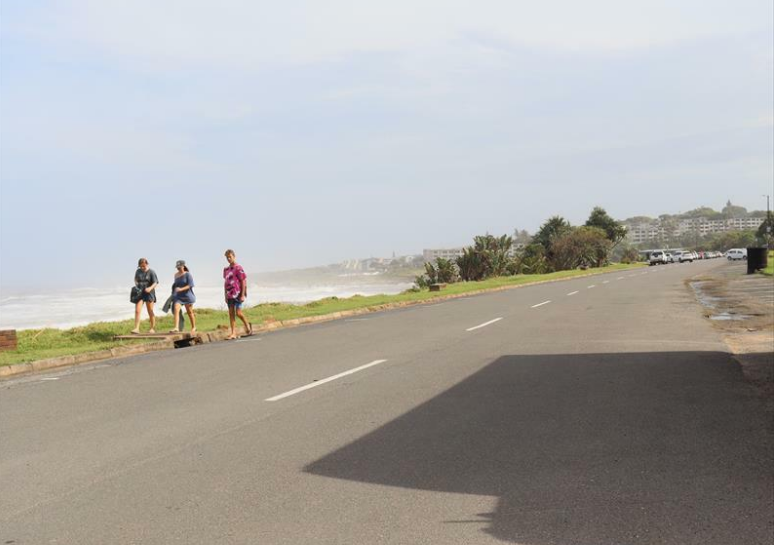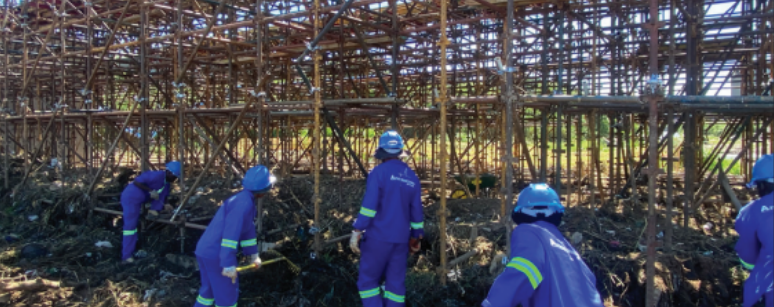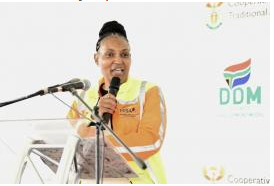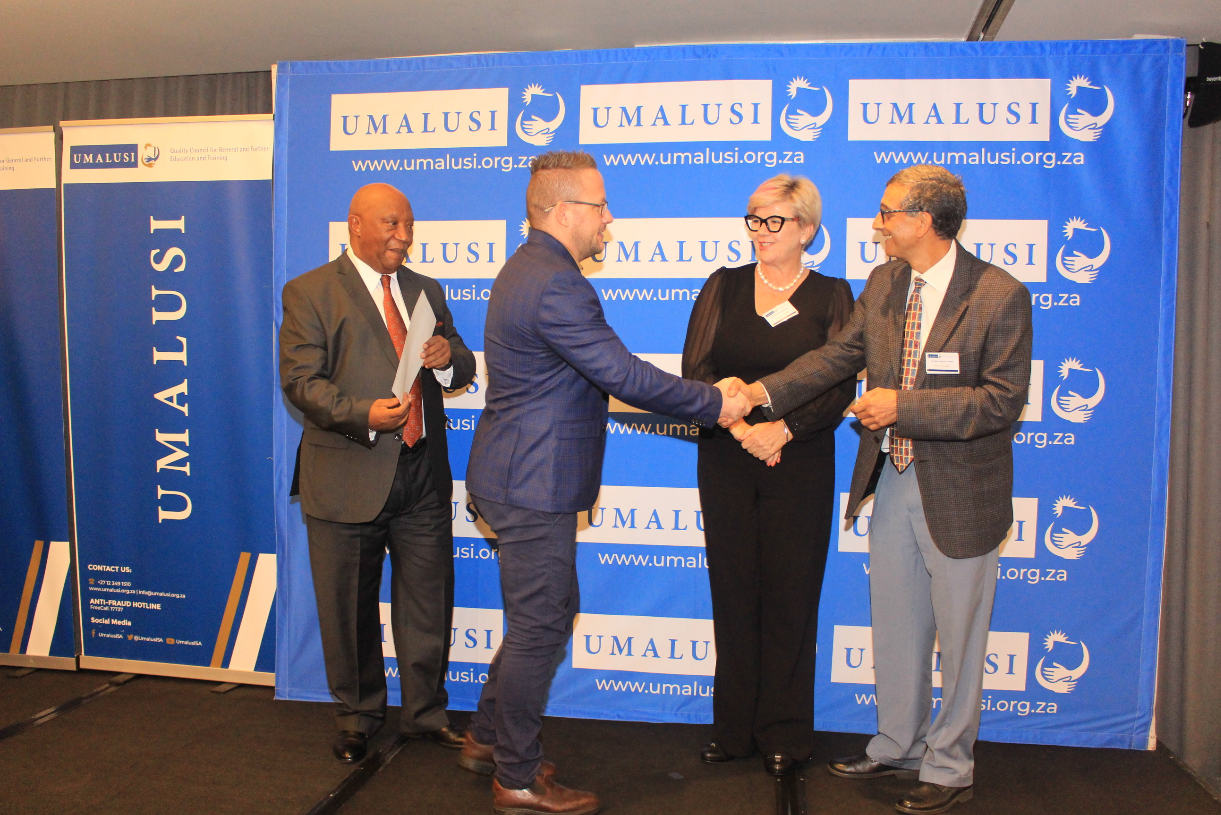Phase two of Polihali diversion tunnels in Lesotho set to begin in April

25-04-2019
Read : 260 times
Construction Review Online
Source
Lesotho Highlands Development Authority (LHDA) has announced the winning contractor to construct the Polihali diversion tunnels as it begins implementation of phase two Lesotho Highlands Water Project (LHWP II).
LHDA awarded SCLC Polihali Diversion Tunnel joint venture (JV) the contract for the project and are expected to be on site this April 2019 to begin construction works ahead of the 18 months deadline. SCLC Polihali Diversion Tunnel joint venture is made up of South African branches of CMC di Ravenna, Salini Impregilo, CMI Infrastructure and Lesotho-based LSP Construction.
“The diversion tunnels are important to facilitate construction of the Polihali dam. This construction is a crucial element of the advance infrastructure works, which begun towards the end of 2018 with the awarding of the contracts for the civils work at Katse and Mokhotlong Polihali North East access road. The project is estimated to cost US $36m,” said LHDA divisional manager Tente Tente.
Mr Tente adds that the advance infrastructure will largely be completed before construction works on the Polihali dam begins and the Polihali to Katse water transfer tunnel.
Polihali dam
On Polihali dam, it will be built downstream of River Seqhu and River Khubelu. It will have a 163.5-m-high concrete-faced rock-fill embankment dam wall with a concrete side channel spillway. Water supply will only begin once the reservoir has filled completely.
Two diversion tunnels will be constructed to divert water from Senqu river. The construction of the two tunnels will increase its capacity to carry floods while also providing flexibility to work in one tunnel while the river flows in the other.
The tunnels which are 7 meters in diameter and almost 1 km in length and another 9 meters in diameter and almost 1 km long will run parallel to each other from intake point to the outlet downstream of the dam.
Additionally the tunnels will be excavated by drill and blast method and will be supported by rock bolts and shotcrete, as required. The diversion tunnels were designed by Metsi a Senqu-Khubelu Consultants JV who are also the supervisors of the project.
The project which delivers water to Gauteng region of South Africa and generates hydroelectricity for Lesotho will increase the current water supply rate of 780 million cubic meters a year to more than 1.27-billion cubic meters a year and also increase electricity generation.
Recent News
Here are recent news articles from the Building and Construction Industry.
Have you signed up for your free copy yet?
